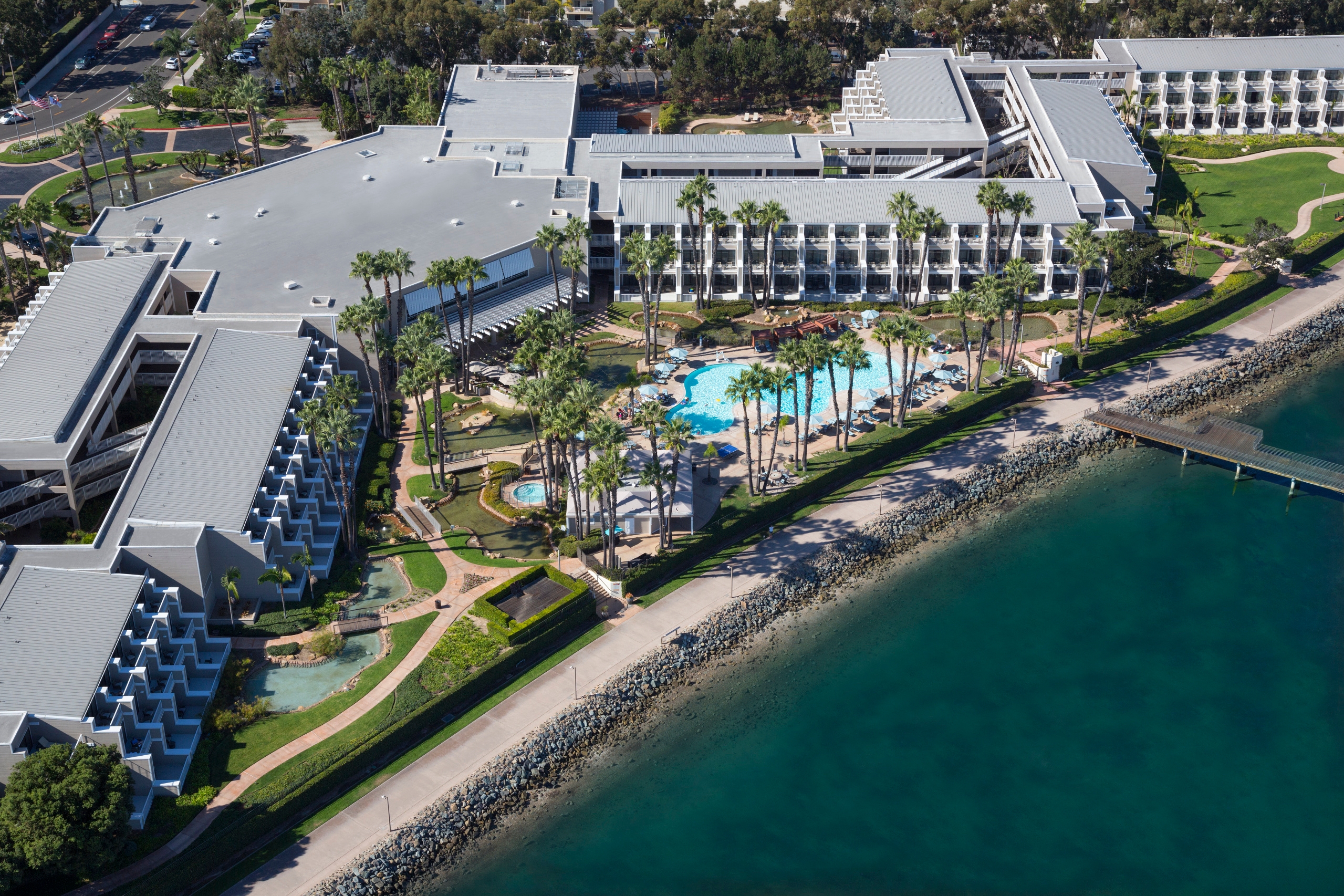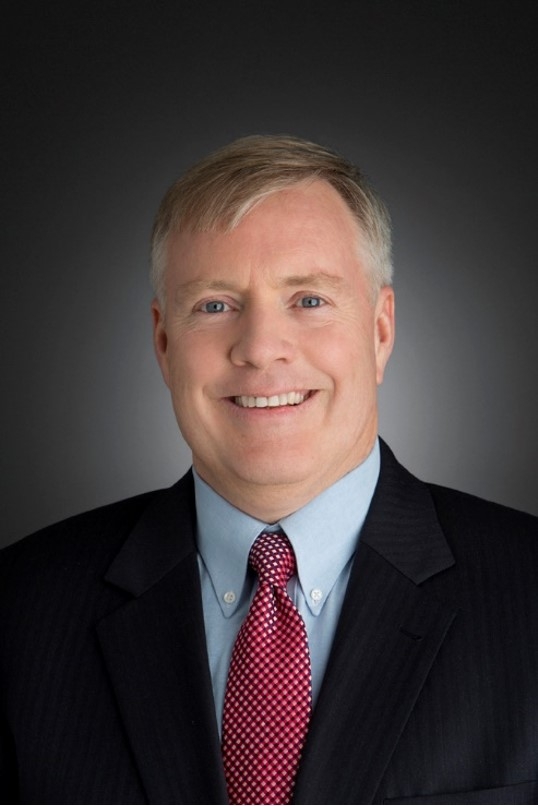XMNR alum Brian Macnamara promotes sustainability, collaboration in the hospitality industry
August 17, 2021

By Lindsay Key
When it comes to developing sustainable business practices, knowing where to start is just part of the battle for sustainability experts. Next is the task of bringing people from across an organization together to communicate the value of sustainability internally and put it into practice.
Brian Macnamara, a 2017 graduate of Virginia Tech’s Executive Master of Natural Resources (XMNR) program, said that the art of collaboration is one of the most important skills he gained from the courses in the program. “How do you talk about sustainability in a systematic way that brings all parties together? Understanding how to do that is crucial in the business world.”
Brian had served as Senior Vice President and Chief Accounting Officer for Host Hotels since 2007. In this role, he was responsible for managing financial, audit, and business risks for the hospitality company, which owns approximately 82 upscale hotels across the United States and the world. Some of Host’s more high-profile properties include Four Seasons Resort Orlando at Walt Disney World Resort, JW Marriott Hotel Rio de Janeiro, Sheraton New York Times Square Hotel, and Coronado Island Marriott Resort & Spa. Overall, the company oversees more than 47,200 hotel rooms in 20 top U.S. markets.

Incorporating sustainability into hospitality
Although his career in hospitality, finance and real estate has been rewarding in its own right, several years ago, Brian had a passion for wanting to help the environment. He enrolled in the XMNR program to sharpen the skills necessary to potentially change careers and make a hard left into the sustainability sector. What he realized, though, is that he could employ what he was learning in his current professional industry.
“My experience in the program taught me that you don’t have to go far from home to incorporate sustainability in your professional role,” said Brian. “All you have to do is look for ways you can apply sustainable practices at your organization.” At Host, incorporating sustainability could mean incorporating cogeneration—the use of a power station to generate electricity and heat for a building at the same time—to be more energy efficient. It could mean discouraging single-use towel service for customers, which wastes water. It could mean installing solar panels to serve as an energy source for a property.
“We just continue to look for ways to incorporate sustainability into upgrade or expansion projects,” said Brian. Developing measures to make one’s investments resilient as the world adapts to climate change is also important, he added. This can include building sea walls at shore-adjacent properties and moving critical hotel services to higher floors.
Reflecting on the role of leadership in sustainability
Since graduating from the program, Brian has remained closely connected with Virginia Tech’s Center for Leadership in Global Sustainability (CLiGS) faculty and students. Recently, he consulted with Drs. Bruce Hull, Michael Mortimer and David Robertson to contribute insights for their book, Leadership for Sustainability: Strategies for Tackling Wicked Problems.
“Brian provides a delightful example of what faculty hope for every XMNR student. He combined his creativity and determination with a few ideas from the classroom to produce a system change in the organization where he worked,” said Hull. “The example is so inspiring and illustrative of leadership that we not only invited him back into the classroom but featured his work in a recent book we wrote about leadership for sustainability. Faculty are motivated to teach in the XMNR because of students like Brian.”

Brian Macnamara is recently retired from Host Hotels, but he looks forward to continuing his sustainability work while serving as a senior advisor to the company and spending more time on his conservation volunteer work. He serves as a board member of the Alliance for the Chesapeake Bay, a nonprofit that brings together communities, companies, and conservationists to promote better practices throughout the watershed.


